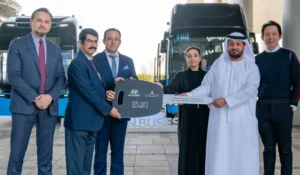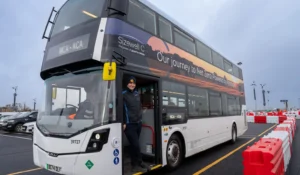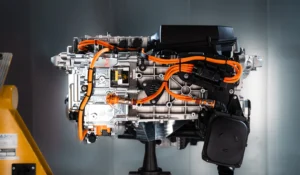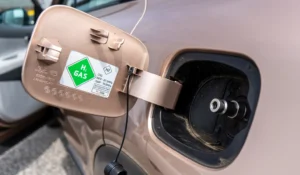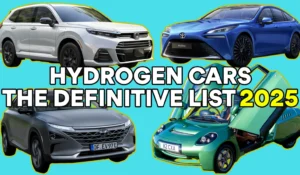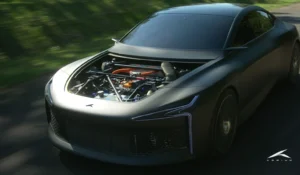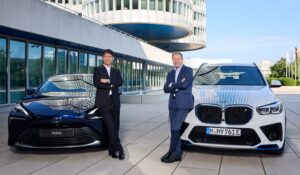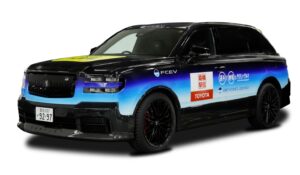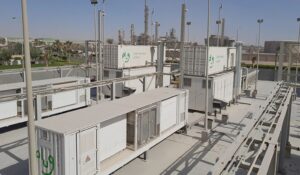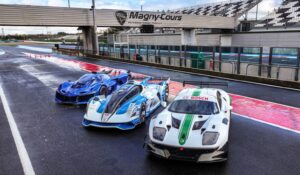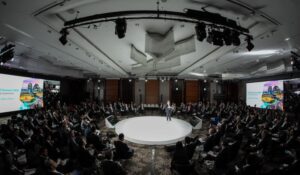Solaris Urbino hydrogen bus picks up industry award for innovation
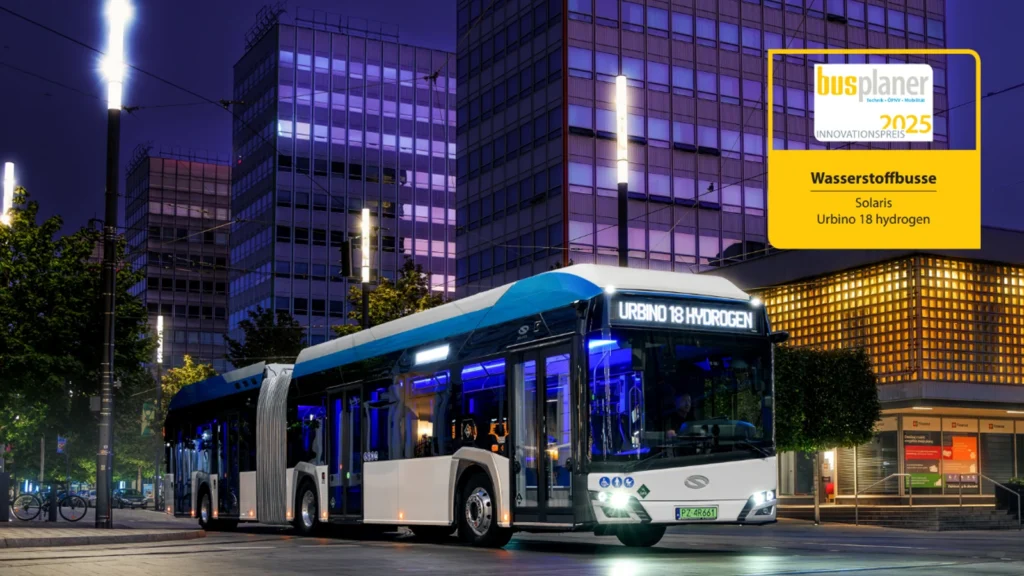
This just in from the thrilling world of municipal public transport: a hydrogen-powered bendy bus has won an award.
Yes, really.
The Solaris Urbino 18 hydrogen – an 18-metre-long slab of central European engineering with room for 140 passengers and absolutely no combustion engine – has been named winner of the Busplaner Innovation Award 2025 in the “Hydrogen Bus” category.
Now, unless you’re professionally involved in the tendering of regional transport contracts, this is probably the most anorak-ey sentence you’ve read all week.
But beneath the beige lies a rather important point: this particular bus is part of the future of clean urban mobility. And it’s quietly doing the job rather well.
Awards cabinet: full

The prize comes from Busplaner, a respected German trade magazine focused on – yes – buses.
The annual reader poll asks industry insiders to vote on the most innovative new products, and Solaris took top honours in the hydrogen bus category. Again.
It’s not their first, oh no, Solaris has been hoovering up awards from Busplaner like a well-organised scout group at a badge ceremony.
Previous wins include electric, low-entry, concept and intercity buses – all of them zero-emission. So if it’s long, green and has doors that hiss, Solaris has probably won something for it.
The Urbino also won the covetous Bus of the Year Award 2025.
What is it?
The Urbino 18 hydrogen is Solaris’s biggest fuel cell model, powered primarily by hydrogen stored in tanks on the roof and converted into electricity by an onboard hydrogen fuel cell.
Range is around 600 km on a full tank, and refuelling takes about 20 minutes – which, by typical zero emissions standards, is practically instantaneous.
It’s already in service in several European cities including Cologne, Essen, Wuppertal and Barcelona, with more on the way. So if you’ve recently seen something silently slinking past with “H2” branding and 140 schoolchildren onboard, it was probably one of these.
Market leader (for now)
According to Solaris, its hydrogen buses accounted for 69% of all hydrogen bus registrations in Europe last year.
Granted, that’s 69% of a market that’s still smaller than the average village car park, but it does show who’s leading the charge.
All of Solaris’s vehicles are built in Poland, and the company – now owned by Spain’s CAF Group – has delivered more than 25,000 buses across 33 countries.
A decent innings, especially for a technology still routinely misfiled somewhere between moonshot and marketing spin.
Right idea, wrong glamour
No one’s putting a poster of a hydrogen bus on their bedroom wall, but in the background of all the noise about passenger cars and mega trucks, these things are out there, quietly decarbonising daily commutes without needing half a tonne of lithium or a four-hour charge.
So while it may not be exciting, or fast, or even remotely cool, Solaris’s latest award is a reminder that hydrogen isn’t just a science project. Sometimes it’s just a bus. And sometimes, that’s exactly what progress looks like.



